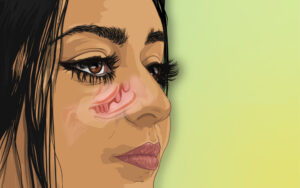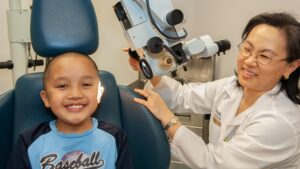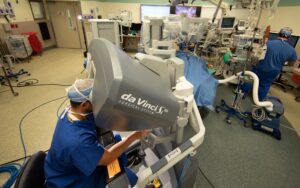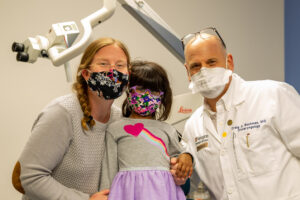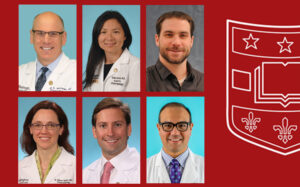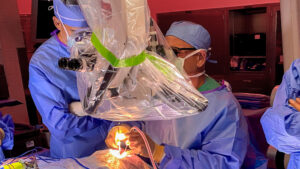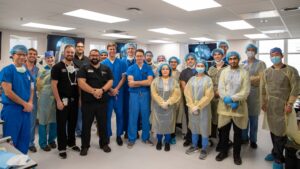Chronic rhinosinusitis is one of the most prevalent chronic disorders in the US, affecting 10-15% of the population and all age groups. A significant number of these patients suffer from the growth of fleshy swellings or polyps in the lining of the nose and paranasal sinuses. For some, surgery and medical treatments do not offer […]
Biologic therapy effective for chronic rhinosinusitis
